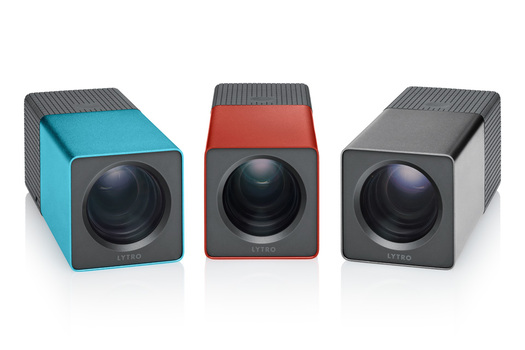
As an addendum to my sporadic series of posts here related to digital-era photography (see links below), I should mention this tech column in the December 2011 issue of The Atlantic. It's about the new Lytro camera, which has gotten quite a bit of attention, mostly of it focused (as it were) on the idea that the underlying technology allows users to fiddle with the focus after the fact. My argument:
In fact, such image correction is merely a side effect of what is genuinely different about the technology. The Lytro ... creates a wholly new kind of visual object, one that both exemplifies and exploits the way images are consumed in the digital era.
In a nutshell, the Lytro promises to make images that are "less a slice of visual information than a cube, from which you can choose whichever layer would make the most pleasing two-dimensional image for printing and framing." But of course the way most people consume many photographic images now has very little to do with printing and framing, and that leads to the potential that interests me: Here's a kind of photo-object for the digital-viewing era. I talked to Richard Koci Hernandez about it:
Imagine, he suggests, a photojournalist covering a presidential speech whose audience includes a clutch of protesters. Using a traditional camera, he says, “I could easily set my controls so that what’s in focus is just the president, with the background blurred. Or I could do the opposite, and focus on the protesters.” A Lytro capture, by contrast, will include both focal points, and many others. Distribute that image, he continues, and “the viewer can choose—I don’t want to sound professorial—but can choose the truth.”
Hernandez admits to mixed feelings about this, and suspects many photographers will find it threatening. “In some sense, you’re losing that control,” he says. On the other hand, he notes, the technology enables the creation of a new kind of image, whose full meaning actually requires viewer interaction. “I’ve already been thinking about the crazy things you could do with this.”
The column is here.
To fiddle with Lytro's sample images (which emphasize the focus-correction idea), go here.
Previously in this intermittent series:
